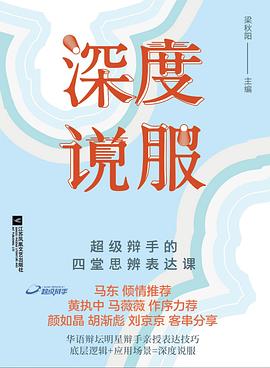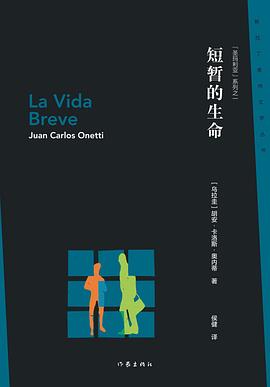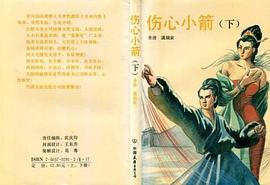1Q84
内容简介
“Murakami is like a magician who explains what he’s doing as he performs the trick and still makes you believe he has supernatural powers . . . But while anyone can tell a story that resembles a dream, it's the rare artist, like this one, who can make us feel that we are dreaming it ourselves.” — The New York Times Book Review
The year is 1984 and the city is Tokyo.
A young woman named Aomame follows a taxi driver’s enigmatic suggestion and begins to notice puzzling discrepancies in the world around her. She has entered, she realizes, a parallel existence, which she calls 1Q84 —“Q is for ‘question mark.’ A world that bears a question.” Meanwhile, an aspiring writer named Tengo takes on a suspect ghostwriting project. He becomes so wrapped up with the work and its unusual author that, soon, his previously placid life begins to come unraveled.
As Aomame’s and Tengo’s narratives converge over the course of this single year, we learn of the profound and tangled connections that bind them ever closer: a beautiful, dyslexic teenage girl with a unique vision; a mysterious religious cult that instigated a shoot-out with the metropolitan police; a reclusive, wealthy dowager who runs a shelter for abused women; a hideously ugly private investigator; a mild-mannered yet ruthlessly efficient bodyguard; and a peculiarly insistent television-fee collector.
A love story, a mystery, a fantasy, a novel of self-discovery, a dystopia to rival George Orwell’s— 1Q84 is Haruki Murakami’s most ambitious undertaking yet: an instant best seller in his native Japan, and a tremendous feat of imagination from one of our most revered contemporary writers.
......(更多)
作者简介
村上春树 著名作家。 1979年,《且听风吟》出版以来,寂寞忧郁的文字、清淡闲适的情节,尤其是独特新颖的都市感觉的写作文风,令万千读者如痴如醉。随着《挪威的森林》、《舞!舞!舞!》、《海边卡夫卡》等作品的陆续出版,逐渐赢得世界性的崇高声誉,最终形成“村上春树文学山系”。 2009年,集毕生文学之大成的巅峰杰作《1Q84》隆重出版,以席卷之势荣登日本所有畅销榜首,在整个日本、东亚乃至全球都引起巨大反响。正如媒体评论:“如此重大而复杂的题材,几可视为日本文学在新千年的伟大开篇。”
......(更多)
目录
......(更多)
读书文摘
因为世间大多数人并不相信真实,而是主动去相信自己希望是真实的东西。这样的人两只眼睛哪怕睁得再大,实际上也什么都看不见。
如果一味地只是遭受攻击不反抗,我们就只能止步不前。慢性的无力感是会腐蚀人的。
这个世界上没有绝对的善恶,善恶并不是一成不变的东西,而是不断改变所处的场所和立场,一个善,在下一瞬间也许就转换成恶,反之亦然。陀思妥耶夫斯基在《卡拉马佐夫兄弟》中描写的正是这样一个世界,重要的是,要维持转换不停的善与恶的平衡,一旦某一方过度倾斜,就会难以维持现实中的道德,对了,平衡本身就是善。
......(更多)






